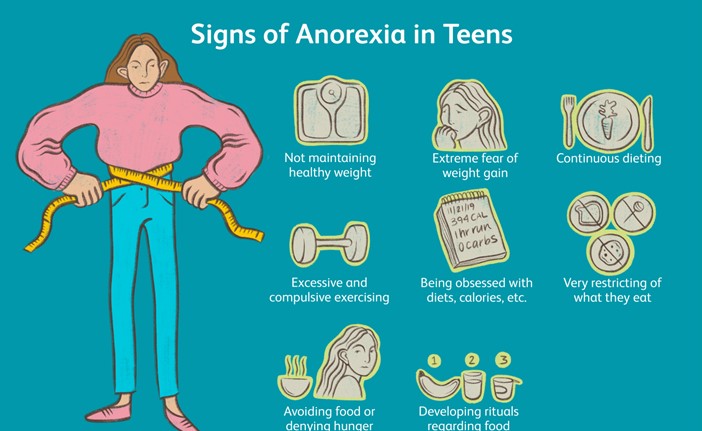A nurse in an urgent care facility is caring for a client who has traumatic injuries following an assault. The client sits quietly and calmly tells the nurse, "I'm fine." The nurse should recognize the client's behavior as which of the following reactions?
Projection
Displacement
Denial
Undoing
The Correct Answer is C
The client's behavior of stating "I'm fine" despite having traumatic injuries is an example of denial, a coping mechanism that involves denying that a problem or issue exists. Projection involves attributing one's own feelings to another person, displacement involves redirecting one's emotions onto a less threatening target, and undoing involves seeking to undo or forget past actions.
Choice A, projection, would involve the client attributing their own feelings to others.
Choice B, displacement, would involve the client redirecting their emotions onto someone or something else. Finally,
choice D, undoing, would involve the client attempting to forget or undo past actions.
Nursing Test Bank
Naxlex Comprehensive Predictor Exams
Related Questions
Correct Answer is C
Explanation
The client's behavior of stating "I'm fine" despite having traumatic injuries is an example of denial, a coping mechanism that involves denying that a problem or issue exists. Projection involves attributing one's own feelings to another person, displacement involves redirecting one's emotions onto a less threatening target, and undoing involves seeking to undo or forget past actions.
Choice A, projection, would involve the client attributing their own feelings to others.
Choice B, displacement, would involve the client redirecting their emotions onto someone or something else. Finally,
choice D, undoing, would involve the client attempting to forget or undo past actions.
Correct Answer is C
Explanation
Constipation. Constipation is a common symptom of anorexia nervosa, as it can result from severe food restriction, dehydration, electrolyte imbalance, or laxative abuse. People with anorexia may also experience abdominal pain and bloating due to constipation.

Choice A. Hyperkalemia. Hyperkalemia is a condition of high potassium levels in the blood. It is not a typical symptom of anorexia, as people with anorexia tend to have low potassium levels due to vomiting, diuretic use, or inadequate intake.
Hyperkalemia can cause irregular heart rhythms, muscle weakness, and paralysis.
Choice B. Tachycardia. Tachycardia is a condition of fast heart rate. It is not a common symptom of anorexia, as people with anorexia tend to have bradycardia, which is a slow heart rate. Bradycardia can result from starvation, dehydration, or electrolyte imbalance and can lead to cardiac arrest. Tachycardia can occur in some cases of anorexia due to dehydration, anxiety or refeeding syndrome.
Choice D. Metrorrhagia. Metrorrhagia is a condition of irregular or excessive bleeding between menstrual periods. It is not a usual symptom of anorexia, as people with anorexia tend to have amenorrhea, which is the absence of
Whether you are a student looking to ace your exams or a practicing nurse seeking to enhance your expertise , our nursing education contents will empower you with the confidence and competence to make a difference in the lives of patients and become a respected leader in the healthcare field.
Visit Naxlex, invest in your future and unlock endless possibilities with our unparalleled nursing education contents today
Report Wrong Answer on the Current Question
Do you disagree with the answer? If yes, what is your expected answer? Explain.
Kindly be descriptive with the issue you are facing.
